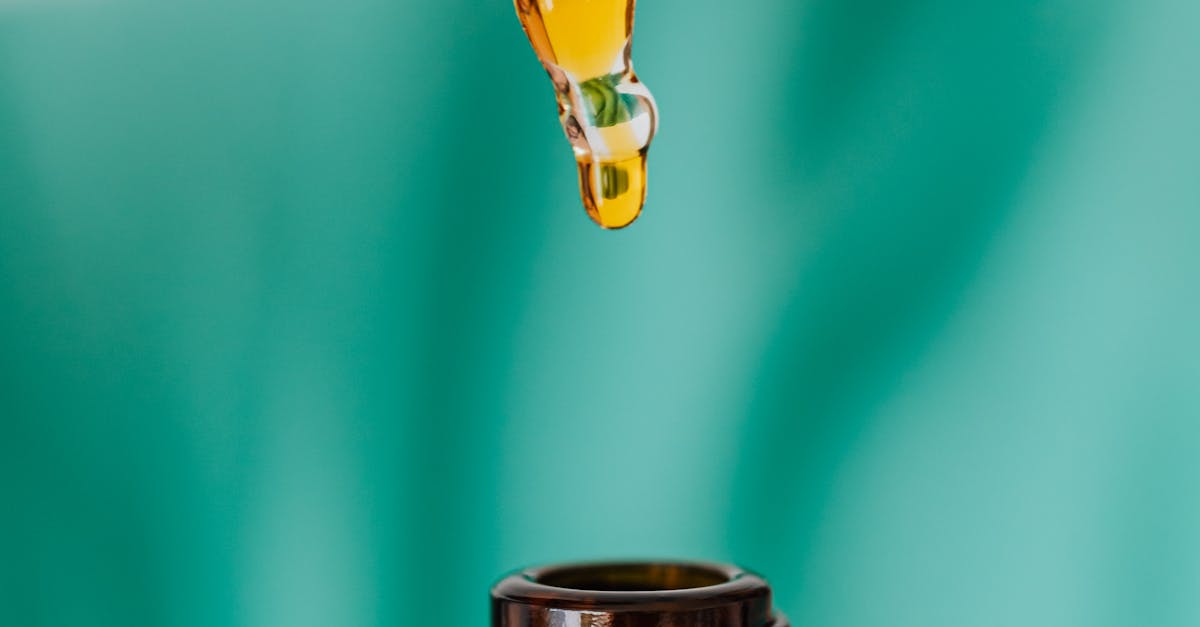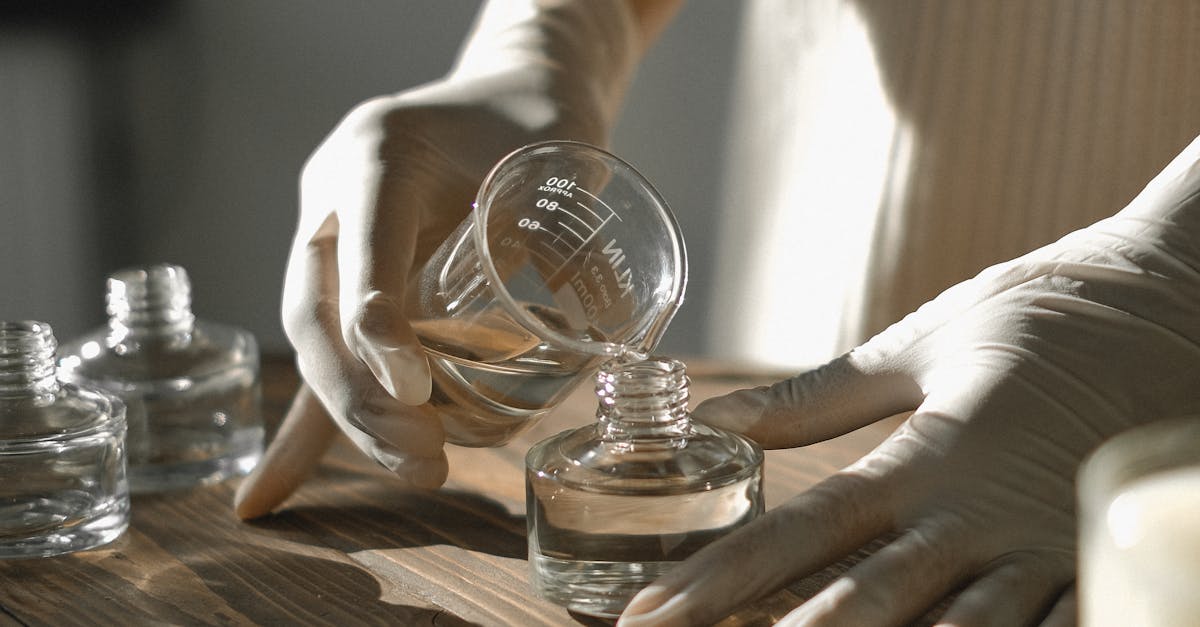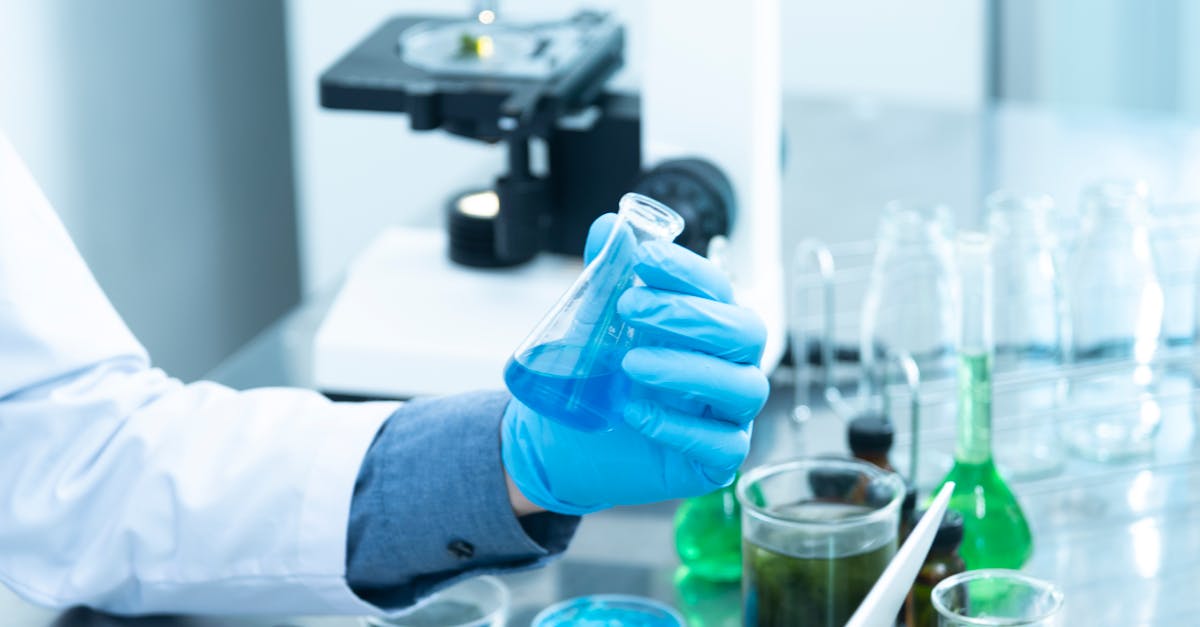
Table Of Contents
PostTreatment Care Tips
Effective post-treatment care following chemical peels is crucial for optimal results and skin healing. Immediately after the procedure, it is essential to follow the dermatologist's instructions diligently. This may include avoiding excessive sun exposure, refraining from picking at any peeling skin, and applying recommended post-treatment creams or ointments to aid in the healing process. Proper hydration by drinking plenty of water is beneficial to promote skin recovery and maintain moisture levels post-chemical peels.
Furthermore, gentle skincare routines are imperative post-chemical peels to avoid irritating the skin. Choosing mild, non-abrasive cleansers and moisturizers that suit your skin type can help in preventing any adverse reactions. Additionally, it is advisable to wear sunscreen daily to protect the newly revealed skin from harmful UV rays. Ensuring adherence to these post-treatment care tips can aid in achieving the desired outcome of chemical peels and promote overall skin health.
Avoiding Infection
Ensuring proper care and maintenance post-chemical peel treatment is crucial in avoiding potential infections. The skin becomes more sensitive and vulnerable after undergoing a chemical peel, making it imperative to fortify the skin's barrier against external contaminants. To mitigate the risk of infection, it is essential to adhere strictly to the post-treatment care regimen provided by the dermatologist. This typically involves avoiding exposure to direct sunlight, refraining from picking at flaking skin, and using recommended gentle skincare products. These measures not only aid in the healing process but also reduce the likelihood of infection.
Infection poses a significant threat to the skin's recovery process following a chemical peel. Any breach in the skin's protective layer can potentially introduce harmful pathogens, leading to complications and delays in healing. Therefore, maintaining proper hygiene is paramount in preventing infections post-chemical peels. It is recommended to keep the treated area clean and dry, avoiding excessive touching or rubbing. Additionally, using clean hands and tools when applying post-treatment skincare products can help minimize the risk of introducing bacteria to the compromised skin. By prioritizing cleanliness and following the prescribed aftercare routine diligently, the risk of infection can be significantly minimized, allowing for a smoother and more successful recovery from the chemical peel procedure.
Consultation with a Dermatologist
Before undergoing any chemical peel treatment, it is imperative to schedule a consultation with a qualified dermatologist. Consulting with a dermatologist ensures that the peel is customized to suit your skin type and addresses specific concerns. Dermatologists can assess your skin condition, recommend the most suitable type of peel, and determine the strength that will deliver optimal results with minimal risk. Moreover, they can also provide valuable insights into the expected downtime and potential side effects associated with chemical peels.
The expertise of a dermatologist is crucial as they can accurately evaluate the benefits and drawbacks of chemical peels for individual skin types. Their guidance helps in setting realistic expectations and allows for a tailored approach that minimizes the risk of adverse reactions or complications. By consulting with a dermatologist before scheduling a chemical peel, you can ensure a safe and effective treatment that aligns with your skincare goals.
Importance of Professional Guidance
Professional guidance is crucial when undergoing chemical peels to ensure safe and effective treatment outcomes. Dermatologists and skincare specialists possess the expertise and knowledge to assess your skin type, determine the appropriate type of peel, and recommend a personalized treatment plan. They can also address any concerns or conditions that may affect the success of the peel, such as acne or sensitivity.
Moreover, seeking professional guidance before undergoing chemical peels helps in minimizing the risk of adverse reactions and complications. Dermatologists can provide detailed pre-treatment instructions and post-care guidelines to ensure optimal results and prevent potential side effects. Their supervision throughout the peel process can lead to a smoother and more successful experience, allowing you to achieve the desired skin improvements safely and effectively.
Alternatives to Chemical Peels
If you are looking for alternatives to chemical peels, there are various options to consider. One popular alternative is microdermabrasion, a non-invasive procedure that exfoliates the skin using tiny crystals to remove dead skin cells. Another option is laser skin resurfacing, which uses laser technology to improve skin tone and texture. These alternatives provide similar benefits to chemical peels without the use of chemical solutions on the skin.
Additionally, there are natural skin treatments that can serve as alternatives to chemical peels. Ingredients like oatmeal, honey, yogurt, and aloe vera have soothing and exfoliating properties that can help improve skin texture and appearance. These natural remedies can be used as face masks or scrubs to achieve similar results to chemical peels in a gentle and organic way.
Natural Skin Treatments
While chemical peels can offer effective solutions for various skin concerns, some individuals may seek alternative skin treatments. Natural skin treatments have gained popularity as a gentler option to address skin issues without the potential side effects associated with chemical peels. These treatments often utilize ingredients derived from plants, fruits, and other natural sources to promote skin health and rejuvenation.
Natural skin treatments can provide a holistic approach to skincare by nourishing the skin with vitamins, antioxidants, and other beneficial compounds. Unlike chemical peels, which involve the use of synthetic chemicals to exfoliate and resurface the skin, natural treatments aim to enhance the skin's natural processes for renewal and repair. By incorporating natural skin treatments into your skincare routine, you can nurture your skin and achieve a healthy, radiant complexion without the harsh effects of chemical peels.
FAQS
Are chemical peels safe for all skin types?
Chemical peels may not be suitable for individuals with sensitive skin or certain skin conditions. It is important to consult with a dermatologist before undergoing a chemical peel to determine if it is the right treatment for your skin type.
What are the potential side effects of chemical peels?
Common side effects of chemical peels may include redness, irritation, peeling, and temporary discoloration of the skin. In some cases, more severe side effects such as scarring or infection may occur.
How long does it take for the skin to heal after a chemical peel?
The healing time after a chemical peel can vary depending on the type and intensity of the peel. In general, it may take anywhere from a few days to a few weeks for the skin to fully heal and reveal the final results of the treatment.
Can chemical peels cause long-term damage to the skin?
While chemical peels are generally safe when performed by a trained professional, there is a risk of long-term damage if the treatment is not done correctly. It is important to follow post-treatment care instructions and avoid excessive sun exposure to minimize the risk of complications.
Are there any alternatives to chemical peels for skin rejuvenation?
Yes, there are alternative treatments available for skin rejuvenation, such as microdermabrasion, laser therapy, and natural skin treatments. It is recommended to consult with a dermatologist to explore the best options for your specific skin concerns.


